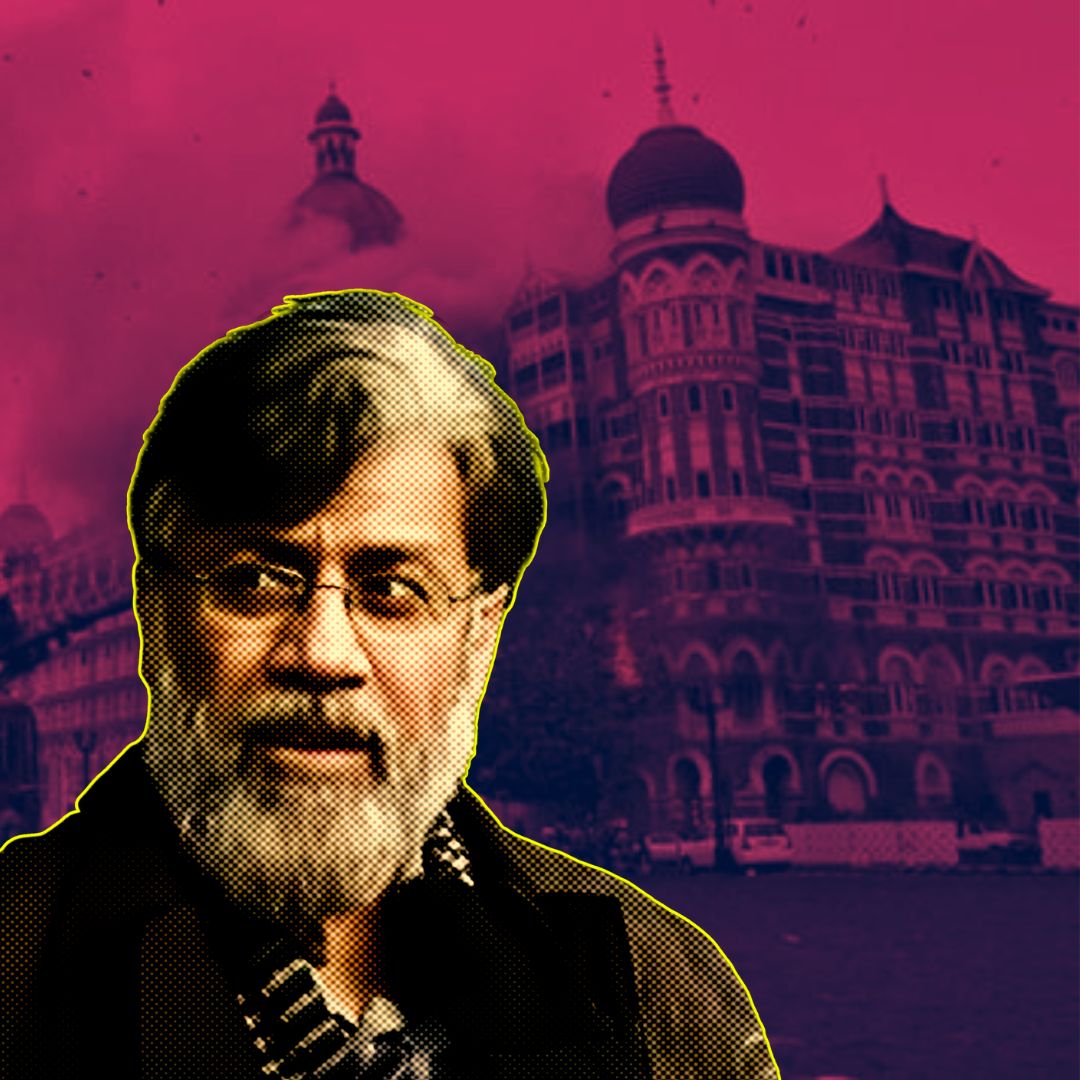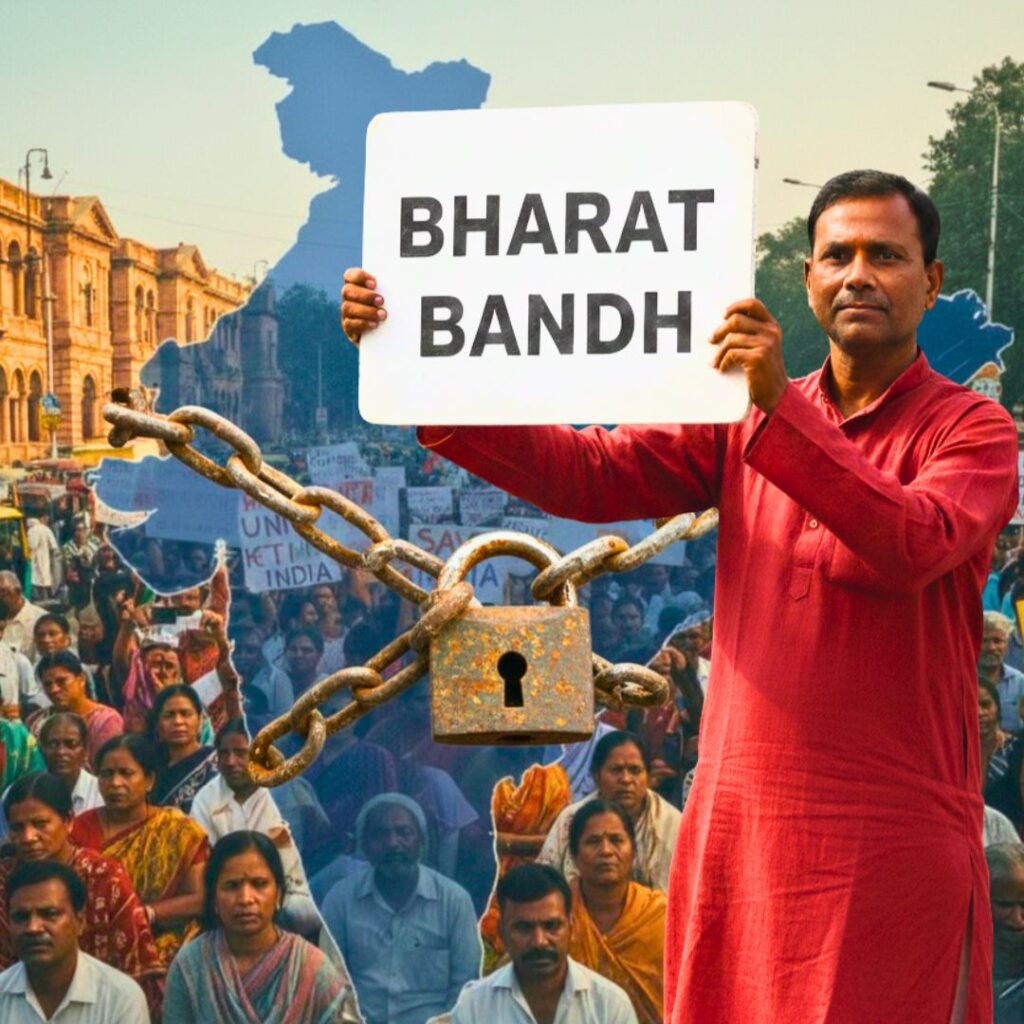The U.S. Supreme Court has cleared the extradition of Tahawwur Rana, a Canadian national of Pakistani origin, to India, where he faces serious charges related to the 2008 Mumbai terror attacks that claimed 166 lives. This ruling, issued on January 25, 2025, follows Rana’s unsuccessful attempts to contest his extradition in U.S. courts, paving the way for him to stand trial in India. Indian officials have welcomed the decision, affirming their commitment to pursuing justice for the victims of the attacks.
Extradition Cleared
The U.S. Supreme Court’s ruling marks a significant legal development for India in its long-standing effort to bring Tahawwur Rana to justice. Rana had been fighting extradition since his arrest in 2009, claiming that he would not receive a fair trial in India due to concerns about human rights abuses. However, after a series of legal challenges that included appeals to lower courts and the Ninth Circuit Court of Appeals, all avenues for contesting his extradition were exhausted.
U.S. Solicitor General Elizabeth B Prelogar supported India’s request, stating, “The evidence against Mr. Rana is substantial and warrants his extradition. This case underscores the importance of international cooperation in combating terrorism.” The Supreme Court’s decision is seen as a pivotal moment in addressing accountability for those involved in terrorist activities.
Background of the Case
Rana is allegedly an accomplice to David Coleman Headley, who played a crucial role in planning the Mumbai attacks by providing reconnaissance and logistical support to the attackers. The court’s ruling may expedite Rana’s transfer to India, where he will face multiple charges related to his alleged involvement in one of the deadliest terrorist attacks in India’s history.
The 2008 Mumbai attacks were a series of coordinated shootings and bombings that unfolded over three days, targeting prominent locations such as the Taj Mahal Palace Hotel, Chhatrapati Shivaji Terminus railway station, and several other sites across Mumbai. The attacks resulted in 166 fatalities, including six American citizens, and left over 300 people injured. The perpetrators were ten armed militants from Pakistan, trained by the terrorist group Lashkar-e-Taiba.
In the aftermath of these events, India has sought accountability not only from those directly involved but also from individuals like Rana who are believed to have facilitated the attacks. His alleged connections with Headley have made him a key figure in this pursuit of justice. The extradition process has been contentious, highlighting the complexities of international law and human rights considerations.
The Logical Indian’s Perspective
The approval of Tahawwur Rana’s extradition underscores the importance of international cooperation in addressing terrorism and ensuring accountability for those responsible for such grave acts. This legal milestone serves as a reminder of the necessity for robust frameworks that enable countries to work together in combating terrorism and promoting justice.
At the same time, it is crucial to reflect on the broader implications of such cases. While justice for the victims of the 2008 Mumbai attacks remains a priority, there is also a growing need for dialogue and cooperation between nations to prevent future tragedies. The case highlights the complex intersection of legal, diplomatic, and human rights considerations, which must be carefully navigated to uphold both accountability and fairness.
In fostering global peace and stability, it is essential for nations to continue working towards mutual understanding, while ensuring that those responsible for heinous acts are held accountable under the law.












